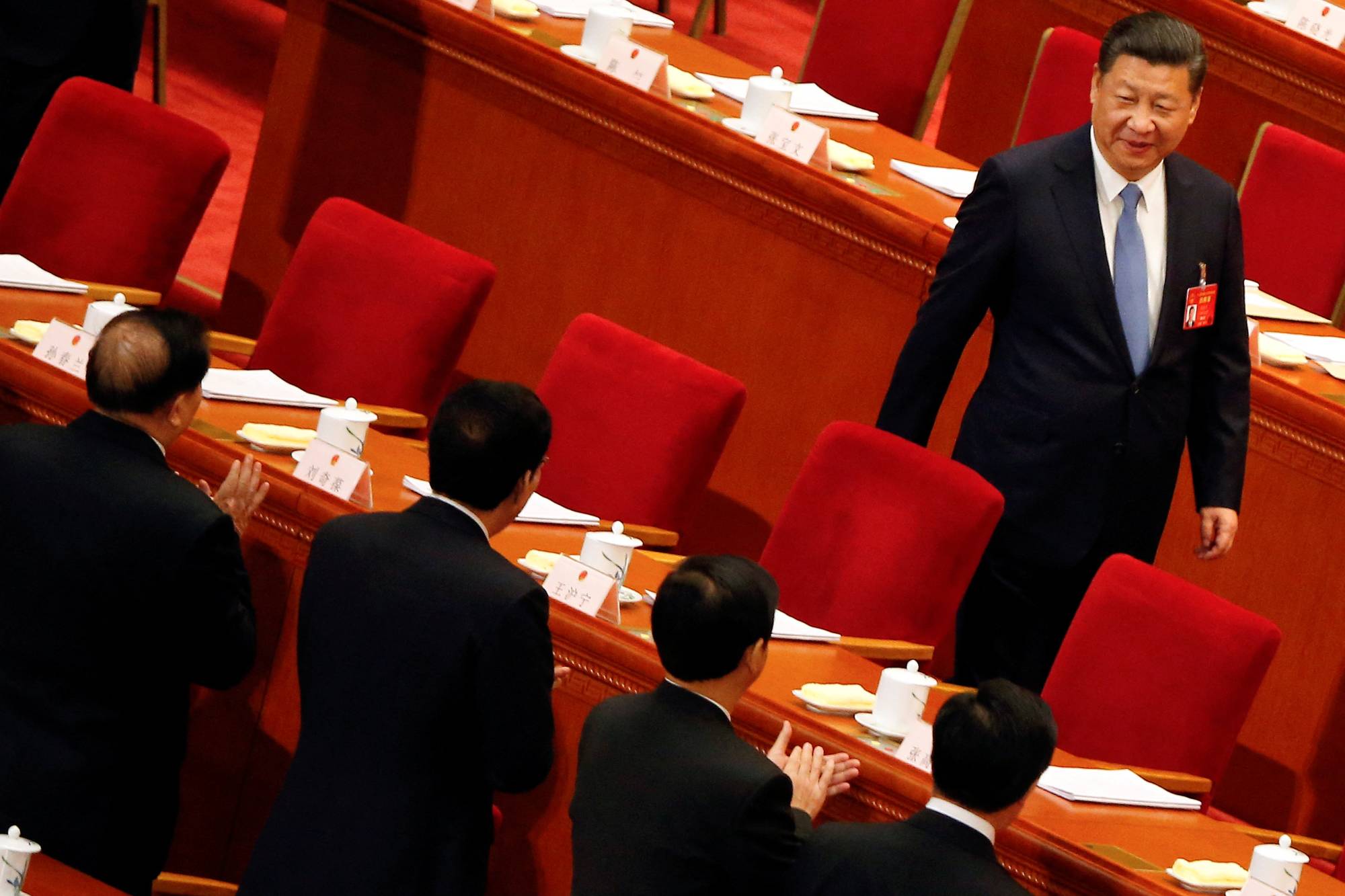At the once-every-five-year Communist Party congress this month, where President Xi Jinping is set to secure rule until at least 2027, policies on the table will help determine how quickly China surpasses the U.S. economy, or whether it ever will.
Bloomberg Economics has sketched out four scenarios for China’s economy over the decades ahead, with a base case of 4.6% growth on average over the next decade. Their model suggests a growth rate above 5% over that time period — as predicted pre-pandemic — is now out of reach, due to the lasting impact of "COVID zero" policies, a faster decline in fertility than previously expected and lower investment due to a gradually shrinking real estate sector.
If the property downturn is deeper than expected and COVID zero restrictions remain beyond 2023, GDP growth may average below 4% over the next decade, meaning China likely wouldn’t overtake the U.S. until the mid-2030s, and any lead may be reversed as demographics become a drag a decade later.


















With your current subscription plan you can comment on stories. However, before writing your first comment, please create a display name in the Profile section of your subscriber account page.